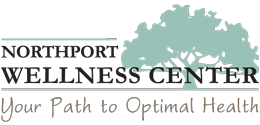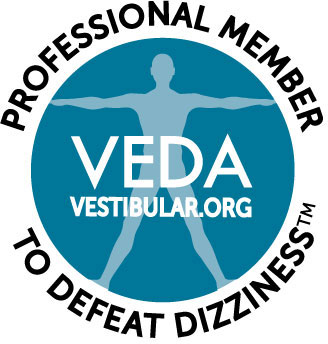If you’ve been experiencing headaches that don’t respond to the usual treatment methods, along with frequent bouts of dizziness, these might be symptoms of a binocular vision problem. The best way to determine if your dizziness and headaches are coming from a binocular vision disorder is to schedule an appointment with the Neuro Visual Center of New York for a comprehensive neurovisual examination. You can expect this process to include filling out a detailed questionnaire and health history form, and completing many specialized tests that aren’t included in a traditional eye exam. You should also expect your examination to take up to two hours.

What to Bring
A neurovisual examination is quite different from the routine eye exams you’re probably used to. To help you prepare for it, the Neuro Visual Center of New York offers these four tips on what to bring:
- Bring your glasses. Make sure to bring your current glasses, sunglasses and/or contact lenses. Try to be well-rested when you arrive for your appointment, and be sure to eat before you come.
- Bring a list of your current medications. It’s important to have a list ready of any and all medications you may be taking, including over-the-counter and prescription medications. If possible, this information should be entered into our online portal before your arrival. Many medications can affect the eye muscles and overall vision, so please make sure your list is complete.
- Bring a friend or family member. It’s often helpful to have someone accompany you to your appointment, especially if the appointment will include dilating your eyes.
- Bring your medical insurance information. If possible, please fill out this information on our registration portal before your visit.
What You Can Expect From the Neuro Visual Center of New York
When you make an appointment with one of our specialists, you can expect us to perform a comprehensive neurovisual examination, which includes a complete medical eye exam. We offer this specialized examination to children and adults who are experiencing a myriad of visual symptoms, which could include one or more of the following: dizziness and nausea, neck pain, balance problems, anxiety, post-concussive syndrome and reading difficulties.
Planning for Treatment
Once we’ve diagnosed the problem with your eyes, our doctors will formulate a custom treatment plan for you. Eye strain treatment may include:
- Custom prismatic lenses that align the eyes and treat the symptoms of BVD.
- Prism contact lenses that provide relief for BVD sufferers.
- Custom eyewear specially designed for sports and computer use, respectively.
At the Neuro Visual Center of New York, you’ll be seen by one of New York’s most renowned and trusted specialists in neurovisual disorders. Our doctors are the only specialists in New York who treat vertical heterophoria using the Feinberg technique. If you’re experiencing vision problems that may be related to BVD, give us a call at (516) 224-4888 to set up an appointment to be tested for BVD. You can look forward to better vision and a fuller life.





